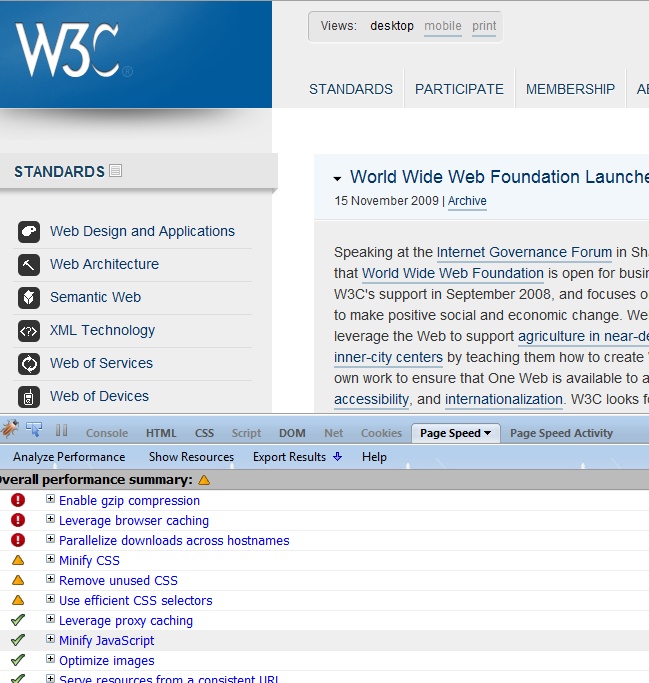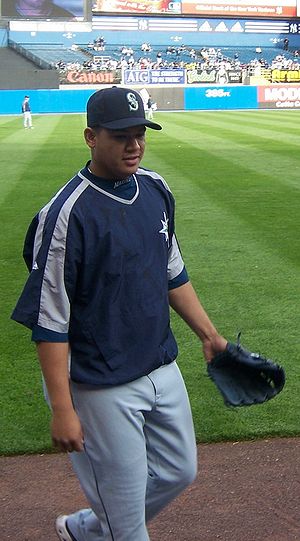Get ready because a ranking factor that was kind of important until now is receiving all sorts of quiet guidance from Google that things will change again. Page Loading Time, call it Page Speed like Google does, is literally how fast an individual page loads.
Google is serious enough about this factor that there is a page speed section on Google Code describing their new plugin. Yes, the company that built the Chrome browser created a Firefox plugin that rides along with FireBug. And this is some seriously good development advice, if not simple SEO advice. After testing on our home page, we got results showing some inline CSS no longer being used. Our big hit was on caching and setting expiration dates. I don’t feel so bad because visiting Google News showed that they too had CSS issues.
Amazon, which knows a thing or two about code but probably doesn’t care if it messes with usability, got beat up by the new tool, including a warning for my new favorite, “Serve static content from a cookieless domain”. After grumbling about the amount of work I had to do, I took the tool to the World Wide Web Consortium because if anyone gets good coding concepts, they would be the folks. They got beat up too — almost as much as my sites did so I’m in good company. Meanwhile, page speed has been hinted at for months if not longer. Now you need to start doing some reading and focus your radar a bit more on the entire concept. Oh, and W3 folks? Google says you need some help. Here’s the screen shot from Monday morning.



